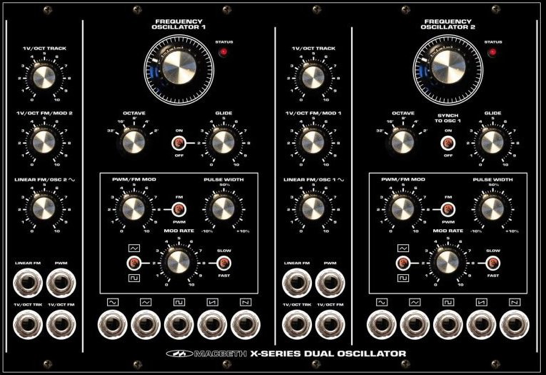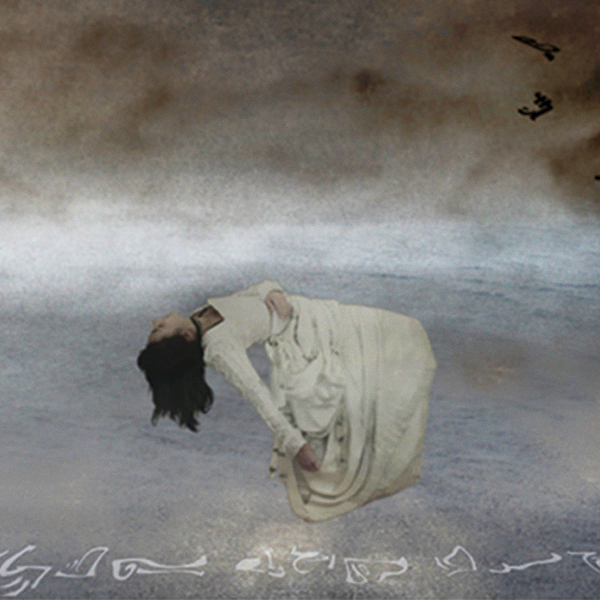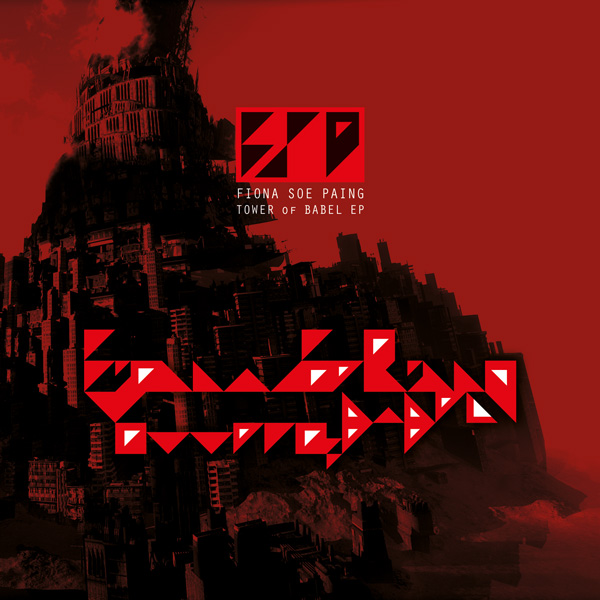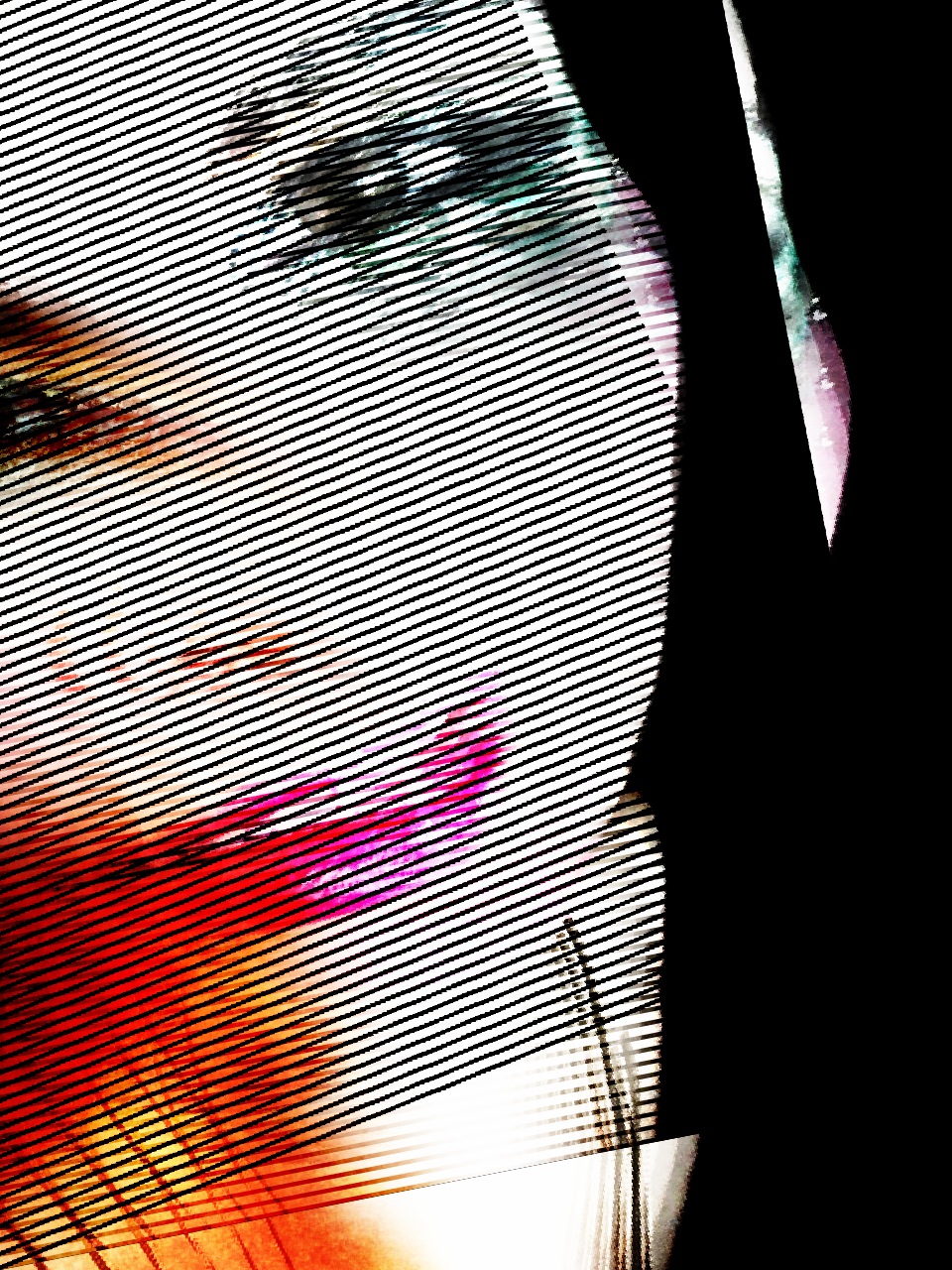Be on our list!
Mixcloud
Tags
2012
alexander mcqueen
art
berlin
Chra
composer
decibel festival
dj
Electronica
electronic music
experimental
experimental electronic
fashion
Female Composer
Female Composers
female pressure
Femalepressure
feminism
feminist
filmmaker
Fiona Soe Paing
house
interview
kirsty mitchell
live a/v
london
montreal
music festival
mutek
perspectives-berlin
photography
podcast
politics
portland
producer
pussy riot
san francisco
seattle
techno
video
Vienna
visual artist
vocalist
west coast
women in electronic music
-
 Neotropic Interview & Music Showcase
Posted by stino on May 25, 2021
Neotropic Interview & Music Showcase
Posted by stino on May 25, 2021
-
 Interview with Portland Promoter Turned Electronic Music Maker, Coco Madrid
Posted by stino on Dec 22, 2020
Interview with Portland Promoter Turned Electronic Music Maker, Coco Madrid
Posted by stino on Dec 22, 2020
-
 Interview with Controversial Performance Artist, Jex Blackmore
Posted by stino on May 26, 2020
Interview with Controversial Performance Artist, Jex Blackmore
Posted by stino on May 26, 2020
-
 Amandroid On The Radio
Posted by stino on Jul 3, 2014
Amandroid On The Radio
Posted by stino on Jul 3, 2014
-
 NeveroddoreveN Interview
Posted by stino on Nov 27, 2013
NeveroddoreveN Interview
Posted by stino on Nov 27, 2013
-
 Cynthia Valenti Interview
Posted by stino on Feb 18, 2014
Cynthia Valenti Interview
Posted by stino on Feb 18, 2014
-
 Protected: Female Pressure Interview
Posted by stino on Nov 14, 2013
Protected: Female Pressure Interview
Posted by stino on Nov 14, 2013
-
 Off-world Electronica by Fiona Soe Paing
Posted by stino on Nov 29, 2012
Off-world Electronica by Fiona Soe Paing
Posted by stino on Nov 29, 2012
-
 Jennifer Touch Interview
Posted by stino on Mar 26, 2014
Jennifer Touch Interview
Posted by stino on Mar 26, 2014








Recent Comments